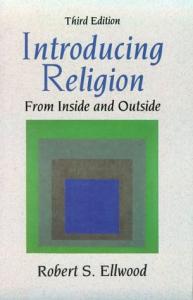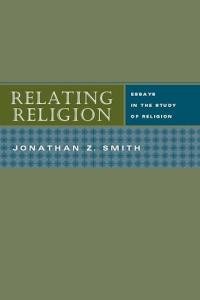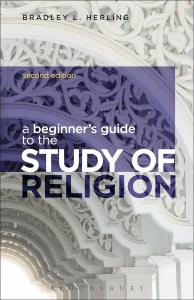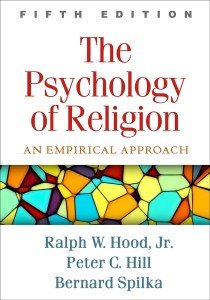Review
The Sociology of Religion: Theoretical and Comparative Perspectives is a comprehensive review of the theoretical and comparative perspectives surrounding the study of religion in society. Written by British sociologist Malcolm B Hamilton, this book thoroughly explores the multifaceted relationship between religion and society, providing valuable insights for students and scholars alike.
Hamilton begins by examining the origins and evolution of religion, tracing its development from ancient civilizations to modern times. He then delves into the various theories and approaches used in the study of religion, including the functionalist, conflict, and symbolic interactionist perspectives. Through a comparative analysis of different religious traditions and practices, he highlights the diverse ways religion influences and is influenced by social structures and cultural norms.
He provides a nuanced understanding of the complex role of religion in shaping human societies. Hamilton challenges readers to critically examine commonly held beliefs and assumptions about religion and encourages open-mindedness and cross-cultural perspectives. By exploring the intersection of religion with other social institutions such as politics, economics, and education, he demonstrates the far-reaching impact of religion on individuals and communities.
Furthermore, this objective seeks to foster a deeper appreciation for the diversity of religious beliefs, practices, and experiences across the globe. Hamilton's comparative approach allows readers to see how religion can unite and divide societies and serve as a source of meaning and identity for individuals. Through this lens, readers can better understand the complexities and nuances of religion in a globalized world.
After thoroughly exploring the various theoretical perspectives and comparative analysis of different religious traditions, Hamilton's book offers valuable insights for students and scholars interested in the study of religion. With its in-depth examination of the complexities and nuances of religion in our modern world, this book is a must-read for anyone seeking a deeper understanding of the subject. Hamilton's writing style is engaging and accessible, making it a compelling read for both academic and general audiences. Incorporating personal anecdotes and real-life examples adds a human touch and further enhances the reader's understanding. Overall, this book is a well-researched and insightful contribution to the field of religious studies.
In conclusion, The Sociology of Religion: Theoretical and Comparative Perspectives is a thought-provoking and comprehensive review of the study of religion in society. Its primary purpose is to challenge readers to critically examine and understand the multifaceted and dynamic relationship between religion and society, and to gain a deeper appreciation for the role of religion in shaping individuals and communities.






